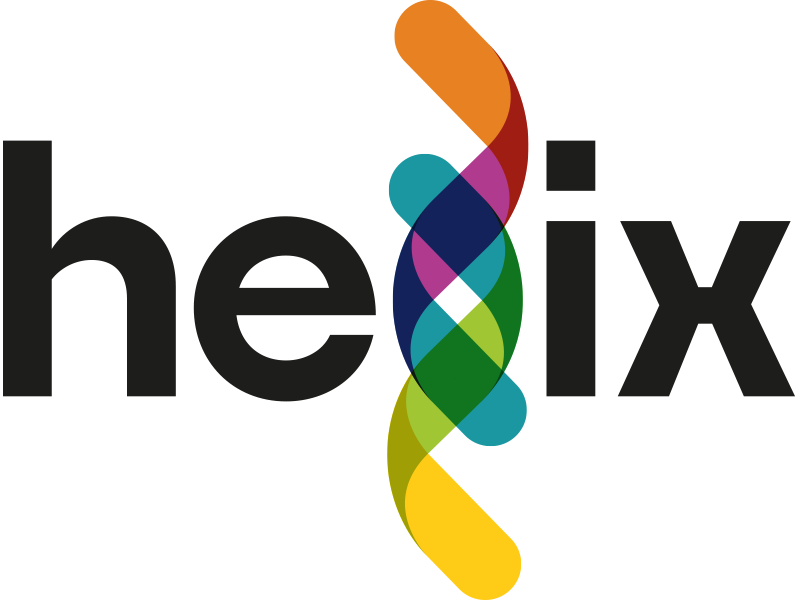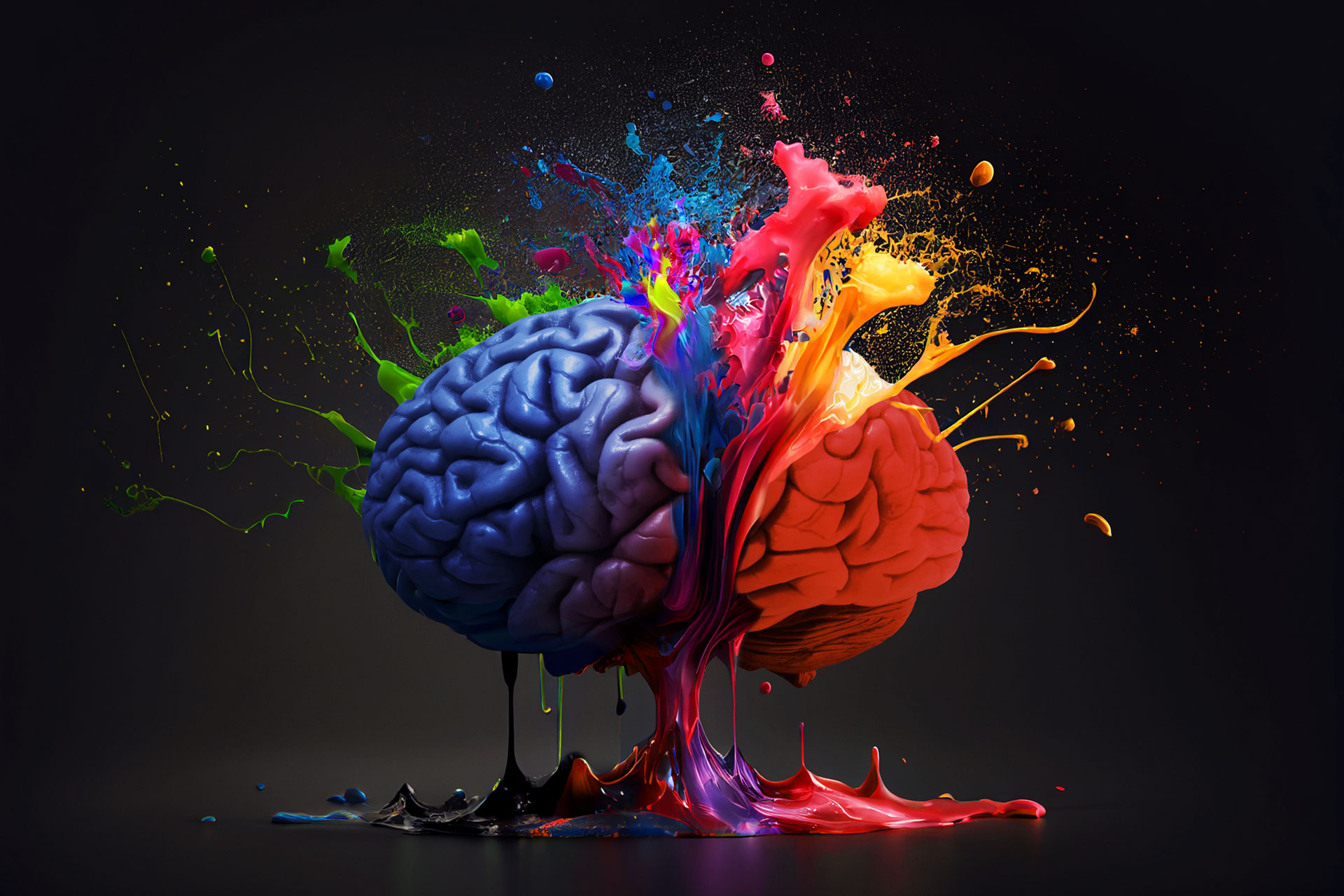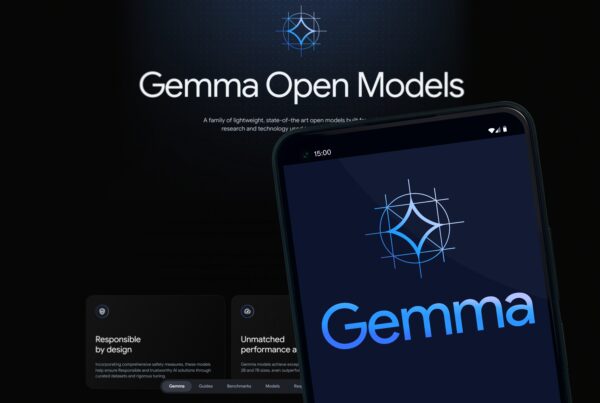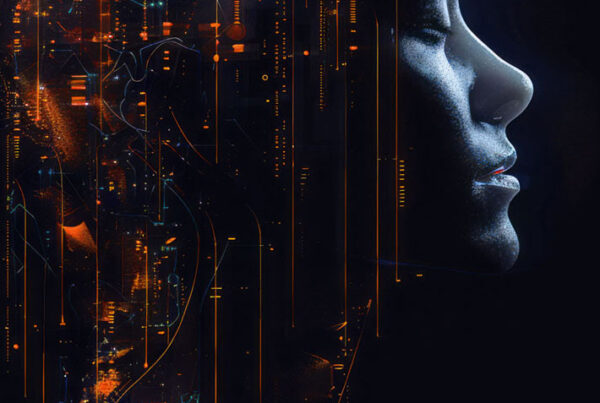OpenAI’s Talent War with DeepMind: The AI Recruitment Arms Race
In the rapidly evolving field of artificial intelligence, two giants stand at the forefront: OpenAI and DeepMind. These organisations are engaged not only in a technological competition but also in a fierce battle to attract the brightest minds. This talent war is reshaping the landscape of AI research and development, with far-reaching implications for the future of technology and society.
A Clash of Titans
Founded in 2010 and acquired by Google in 2014, DeepMind quickly established itself as a global leader in AI research. Its breakthroughs, including AlphaGo and AlphaFold, have set new standards in areas such as reinforcement learning and protein folding. Meanwhile, OpenAI, established in 2015, has made headlines with models like GPT-3 and ChatGPT, revolutionising natural language processing. Both organisations share a common goal: advancing AI to unprecedented levels, possibly even achieving Artificial General Intelligence (AGI).
However, achieving such lofty goals requires top-tier talent. The global shortage of skilled AI researchers has intensified competition, turning recruitment into an arms race. Both companies offer lucrative packages, cutting-edge projects, and the allure of contributing to world-changing technologies.

Strategies for Securing Talent
OpenAI and DeepMind employ distinct approaches to attract and retain talent. OpenAI offers researchers significant freedom to publish their work, contributing to the broader scientific community. This open-source philosophy appeals to those passionate about transparency and collaboration. Additionally, OpenAI’s partnership with Microsoft provides substantial resources and infrastructure, ensuring researchers have the tools needed for groundbreaking work.
DeepMind, on the other hand, benefits from its integration within Google. Access to vast datasets and computational power enables researchers to tackle complex problems at scale. DeepMind’s reputation for high-profile breakthroughs, coupled with the intellectual environment of a world-class research lab, is a significant draw.
Compensation plays a crucial role. Both companies offer competitive salaries, often supplemented with stock options and bonuses. However, many researchers value factors beyond pay, such as academic freedom, ethical considerations, and the opportunity to work on meaningful projects. This is where organisational culture becomes pivotal. OpenAI’s mission-driven ethos, focusing on ensuring AI benefits all of humanity, contrasts with DeepMind’s more corporate structure within Google.

The Impact on the AI Ecosystem
This intense competition has broader implications. Universities, traditionally the breeding ground for AI talent, are feeling the strain. Many top graduates are lured directly into industry, creating a potential talent gap in academia. This trend raises concerns about the long-term impact on fundamental research, which often requires the kind of freedom and risk-taking not always feasible in a corporate setting.
Moreover, the talent war fuels rapid innovation but also raises ethical questions. As companies compete to stay ahead, there’s a risk that ethical considerations may take a back seat to commercial interests. Both OpenAI and DeepMind have established ethics teams, but the pressure to deliver cutting-edge results remains high.
Looking Ahead
The AI recruitment arms race shows no signs of slowing down. As AI technologies become more integral to society, the demand for talent will only increase. Emerging markets, particularly in Asia, are becoming new battlegrounds for talent, with China and India producing an increasing number of AI researchers.
In the end, the competition between OpenAI and DeepMind reflects the broader challenges and opportunities facing the AI industry. The outcome will shape not just the future of these companies but the trajectory of AI development itself. The real question is not who will win this talent war, but whether the resulting advancements will benefit humanity as a whole.




